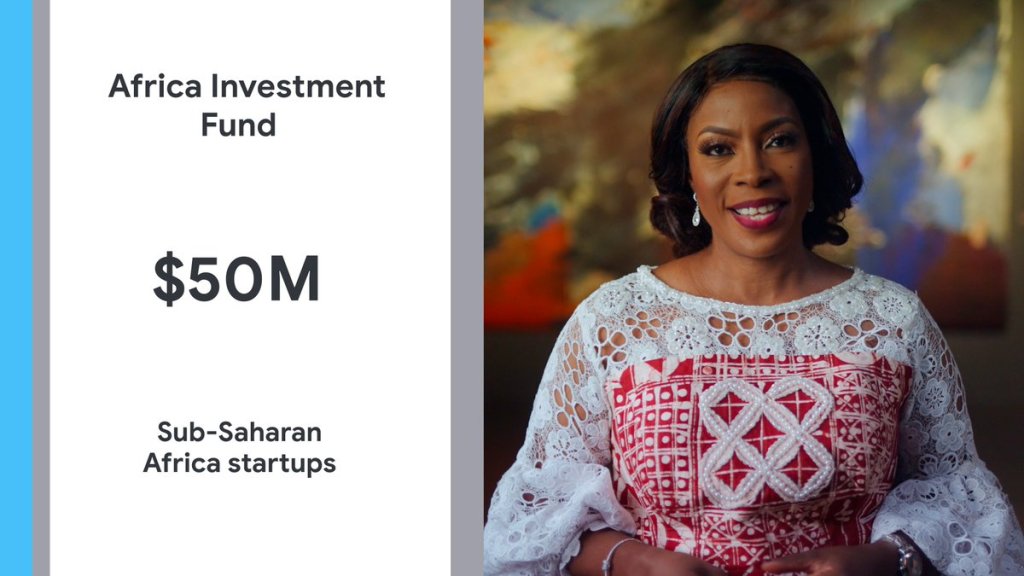Internet giant Google announced today that it has made the first investment from its Africa Investment Fund in Ugandan super app SafeBoda.
The undisclosed investment comes two months after Alphabet CEO Sundar Pichai announced the tech giant’s intentions to commit $1 billion over the next five years in “tech-led initiatives”, which includes a $50 million Africa Investment Fund targeted at early- and growth-stage startups on the continent. He made this known at the Google for Africa event in October.
Before launching the fund, Google proved helpful in startups’ journeys via its Google for Startups Accelerator Africa program.
The accelerator program has supported more than 80 startups in seed to Series A stages with equity-free mentorship and resources. Collectively, they have raised over $100 million in venture capital.
Google also recently launched Black Founders Fund, a non-dilutive $3 million fund allocated to 50 startups yearly.
Fintech startups and those from Nigeria, Kenya, Egypt and South Africa get looked at the most by venture capitalists. Last year, fintech startups accounted for 25% of the VC funding which flowed into Africa, while startups from the Big Four received more than half of the continent’s total funding.
VC firms and institutional fund managers who have spoken with TechCrunch recently say they want to bridge this funding gap by investing in overlooked regions and sectors on the continent. Nitin Gajria, the managing director of sub-Saharan Africa, Google, is one such and he expressed these sentiments when the company announced the Africa Investment Fund in October.
“We are not restricting ourselves to certain verticals. We are focusing on investments where we believe that Google could add value,” the managing director said in October. “If there are founders building interesting products solving real challenges in Africa, that would fall squarely within our investment thesis.”
Though Google’s investment in SafeBoda serves as an early reminder of Gajria’s statement, startups from the Big Four markets will likely fill the fund’s portfolio in the next couple of years.
The Ugandan startup launched as a two-wheel ride-hailing platform before embarking on a super app plan two years ago.
Now, it offers rides, parcel delivery, food and shop, payments, savings and other financial services to over 1 million customers in Uganda and its second market, Nigeria. The company counts more than 25,000 drivers who have completed over 40 million orders in both markets.
SafeBoda has rarely announced any of its funding rounds since its inception in 2017, but people who know the company’s dealings say it has raised over $20 million. Its investors include GoVentures of Gojek, Allianz X, Transsion Holdings, Beenext, Unbound and Justin Kan.
SafeBoda said the investment from Google’s Africa Investment Fund will help “drive its growth in Uganda and Nigeria, scaling its transportation-led app to offer new payment and financial services solutions for its expanding set of customers: passengers, drivers and merchants.”
“SafeBoda welcomes Google to their community and are excited to continue to drive innovation in informal transportation and payments in the boda boda (East Africa) or okada (West Africa) industry,” said co-founder Ricky Rapa Thomson in a statement.
“This vital industry is the lifeblood of Africa’s cities and powers economic development. SafeBoda is thrilled that leading global companies such as Google see the importance of backing startups working towards these goals.”
A spokesperson told TechCrunch in a written statement that the investment in SafeBoda was made to “strengthen a relationship with a potential future partner that has strategically aligned vision of better logistics and transportation.” Asked about how many investments to expect in the coming year, the spokesperson said Google isn’t setting any expectations in that regard.
The motorcycle ride-hailing wars in Nigeria and Uganda are SafeBoda’s to lose






























Comment